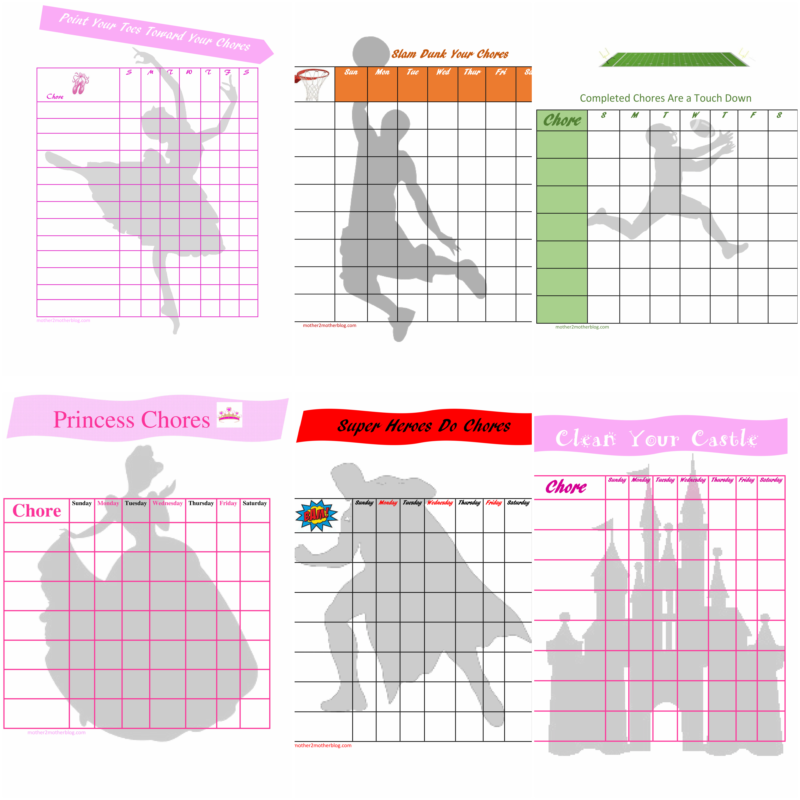Parenting is a monumental job. It requires teaching our children to be assertive, how to deal with their emotions, and dealing with positive and negative feelings. Even when they don’t know what they’re feeling or why. This parenting skill requires communication skills, empathy, and understanding. Remember your childhood and teen years. Today, we’re giving you a few parenting tips on teaching children to be assertive.

Teaching your kids to be assertive
Children are not the best at articulating their thoughts and feelings. Furthermore, they lack the experience in articulating many aspects of their human experience. The responsibility of teaching children to be articulate, honest and respectful is a major responsibility. While we want our children to express themselves, and ask questions like an HST lawyer, they don’t always have the skills.
We must remember, teaching children to be assertive is vital to them being able to create boundaries. Furthermore, it helps them improve their self-esteem and confidence. As adults, we have seen the issues that come with not being assertive. It can range from saying yes to things we don’t want to do to being burned out because we can’t say no. To avoid creating a similar future for your child, teach them assertiveness early. They will know to stand up for themselves in an amicable manner and thus develop stronger relationships.
Helping children navigate their emotions
The initial stages of teaching a child to be assertive can be difficult. Children will follow your example. If you have issues with assertiveness, now would be an excellent time to practice what you will be preaching. For example, if you always clean up after dinner make it clear that others must help. You will likely be emotionally charged, but remember to remain calm as your children will be watching and listening.
As you master assertiveness in your life, encourage your children to do the same. Temperament plays a role in how your child conveys their message. Those with stronger personalities can come across as aggressive. If so, gently point it out to your child how others may perceive them. Remind them that the point of getting their message across is to create understanding. It is not to offend others. It is vital that they learn to respect others even while disagreeing.
Your child might initially have a hard time because they are still learning about their emotions and how to communicate them. Be patient and ask them to extend the same for themselves. Teaching assertiveness creates an opportunity to have conversations about the importance of self-awareness and boundaries. Additionally, you can discuss what they can do when someone is unkind or dismissive after they assert themselves. Equally, praise them for the times they are confident and encourage them to express their feelings too.
Remaining positive through the teaching process
No parent gets everything right, so remember that it takes practice. When you feel the message is not getting home take a different tactic. Most importantly, remember there are factors we have to contend with that are out of our control, including their social circles. Be diligent, and do your best.



 Next, download our children’s chore charts shown above
Next, download our children’s chore charts shown above 



